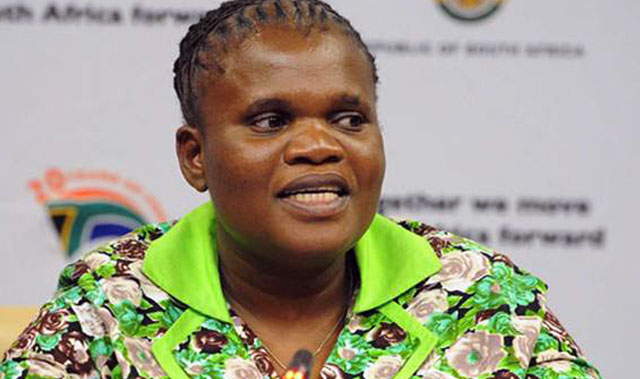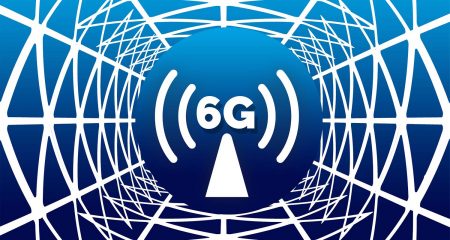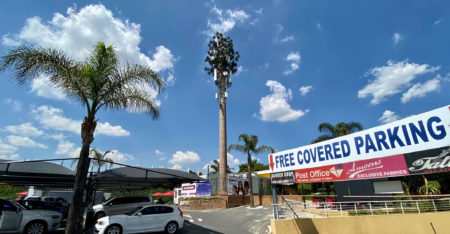
The first of February 2016 has been set as the day when analogue television broadcasting will be converted and replaced by digital television.
“Cabinet was briefed on progress made on the digital migration programme. It approved the commencement of the dual-illumination period for the digital broadcasting signal on 1 February 2016,” minister in the presidency Jeff Radebe told reporters on Friday at the last cabinet briefing of the year in Pretoria.
“The migration from analogue to digital broadcasting services releases the much-needed radio frequency spectrum suitable for the provision of mobile broadband services.”
South Africa missed the June 2015 deadline, set by the International Telecommunication Union, to have all television broadcasts switched to the digital medium.
Radebe said the move to digital would help the country to be competitive and reinvigorate the entertainment industry.
“This will increase the competitiveness of the South African economy by revitalising the broadcasting industry, strengthening the electronics manufacturing industry, creating jobs and developing more local and diverse broadcast content,” he said.
There has been scepticism regarding the move, with many people calling for the removal of communications minister Faith Muthambi.
She had said the Northern Cape was to receive 16 000 decoders or set-top boxes in the first phase of government’s plan to ensure 5m identified indigent households can continue to watch TV programmes once the analogue signal is switched off.
The Democratic Alliance said no government-ordered set-top boxes — which went into production in August and September — have reached the Universal Service & Access Agency of South Africa, which is managing the programme.
Only 2 074 of the 2 336 identified indigent households which have so far applied have qualified for free decoders. The remainder have failed to qualify because they do not have valid TV licences. — News24




